Softstar is Taiwan’s answer to Square Enix, and Sword and Fairy and Xuan-Yuan Sword are like Taiwan’s Final Fantasy. Both properties are huge in their native language, but have struggled to get much of a foothold outside of Chinese-speaking territories. Publisher, eastasiasoft, is trying to establish them worldwide, however, and the latest release on Nintendo Switch is actually a re-release of the series’ equivalent of Final Fantasy VI: 1999’s Xuan-Yuan Sword III.
As far as I can tell, this is one of the most respected entries in the series, and it’s easy to understand why. This game has a truly epic scope and aims to deliver something very ambitious and mature. The game takes place in the “real world,” and initially you’re in control of a lone traveller and swashbuckling hero, who is looking to travel to Arabia from Venice in Italy in order to end a war impacting on their homeland. The problem is that the Frankish Empire have locked ocean travel right down, so actually finding a way across the water is a challenge.
Then things start taking a really surprising turn because a demon servant of Satan himself joins your party. Xuan-Yuan Sword is a series that does borrow heavily from history, mythology and spirituality, and that is made clear early on in this one too – especially when you eventually arrive in China and smack bang in the An Lushan Rebellion in the 750s and 760s. The story also goes some very dark places with this real-history context, too. The first dungeon is a church where the Frankish knights have imprisoned and are torturing a lot of people, for example.
If only the localisation allowed us to properly appreciate that. It never ceases to amaze me that Softstar seems so committed to publishing its games globally, and yet outright refuses to hire a good localisation team. It doesn’t matter what Softstar property it is, be it the elegant Sword & Fairy series, the more grounded and hard-hitting Xuan-Yuan, or the Itadaki Street board game clone, Richman. Regardless of the property Softstar continues to release these games globally with translations that are so broken they impact on your ability to actually enjoy them.
It means characters have tonal inconsistencies (and thus no actual characterisation to make them interesting to follow). It makes the plots hard to read and understand, and any themes explored through the narrative are obscured to the point that the games come across as more shallow than they should be. Eastasiasoft has, in the past, pulled significant weight to clean a localisation up, and the intelligence that goes into Softstar’s work is clear when they do, but there’s only so much you can do when the localisers that the developer is hiring are bargain basement (and likely using machine translations with little effort to edit beyond that). It’s so incredibly frustrating when it’s pretty clear that these games do have good narratives that are worth following, but the translation makes that experience unpleasant. Softstar really needs to either get much better and hire better localisers, or, frankly, reconsider whether they should be releasing these games in English.
If you can work past the localisation, the rest of the experience is well worth your time. Xuan-Yuan Sword III is a turn-based RPG with an ATB-style combat system, and will be immediately familiar to anyone that has played a Final Fantasy game from the SNES era onwards. What helps it stand apart is the quality of the enemy sprites, which have been hand-drawn and have an art style that is uniquely their own. The random encounter rate is high, so it’s just as well that new enemies are introduced regularly, and they are always a treat to look at. It really helps maintain interest when fighting battle after battle after battle.
This game even has a Pokémon-style monster capturing system, with captures monsters available to either fight in combat, or turned into items for stat boosts. Just be prepared for a trial-and-error process to learn the systems, because the localisation doesn’t help here either. All brought together, Xuan-Yuan’s gameplay systems might not be particularly original, but they are well executed and comprehensive.
As this is a 24-year-old game, you should expect some archaic elements. Character customisation is limited, for example, but the biggest problem of all is the boss battles, which can have some infuriating difficulty spikes that you’ll need to spend some time grinding to get through. The second half of the game, especially, goes right off the rails and can hit you with these difficulty spikes with some incredible frequency. It won’t necessarily bother genre veterans, but newer players might find progress a little too slow for their tastes as a consequence.
If Xuan-Yuan Sword III: Mists Beyond The Mountains had a working localisation, it would be essential. After all, it’s not often that you get to play a RPG from the 90’s for the first time these days. The classic turn-based combat is well executed, the Pokemon-like monster-capturing system adds nicely to the base formula, and the real-world and real-history backdrop is something that I wish more RPGs did. But it’s so hard to follow the plot, worldbuilding and characterisation when the localisation is this undercooked, and these elements are all so important for the RPG genre in particular. I do hope that one day, someone has the opportunity to give these games a high-quality localisation, because it is obvious that they deserve it. Until then, unfortunately, this classic is only for the patient.
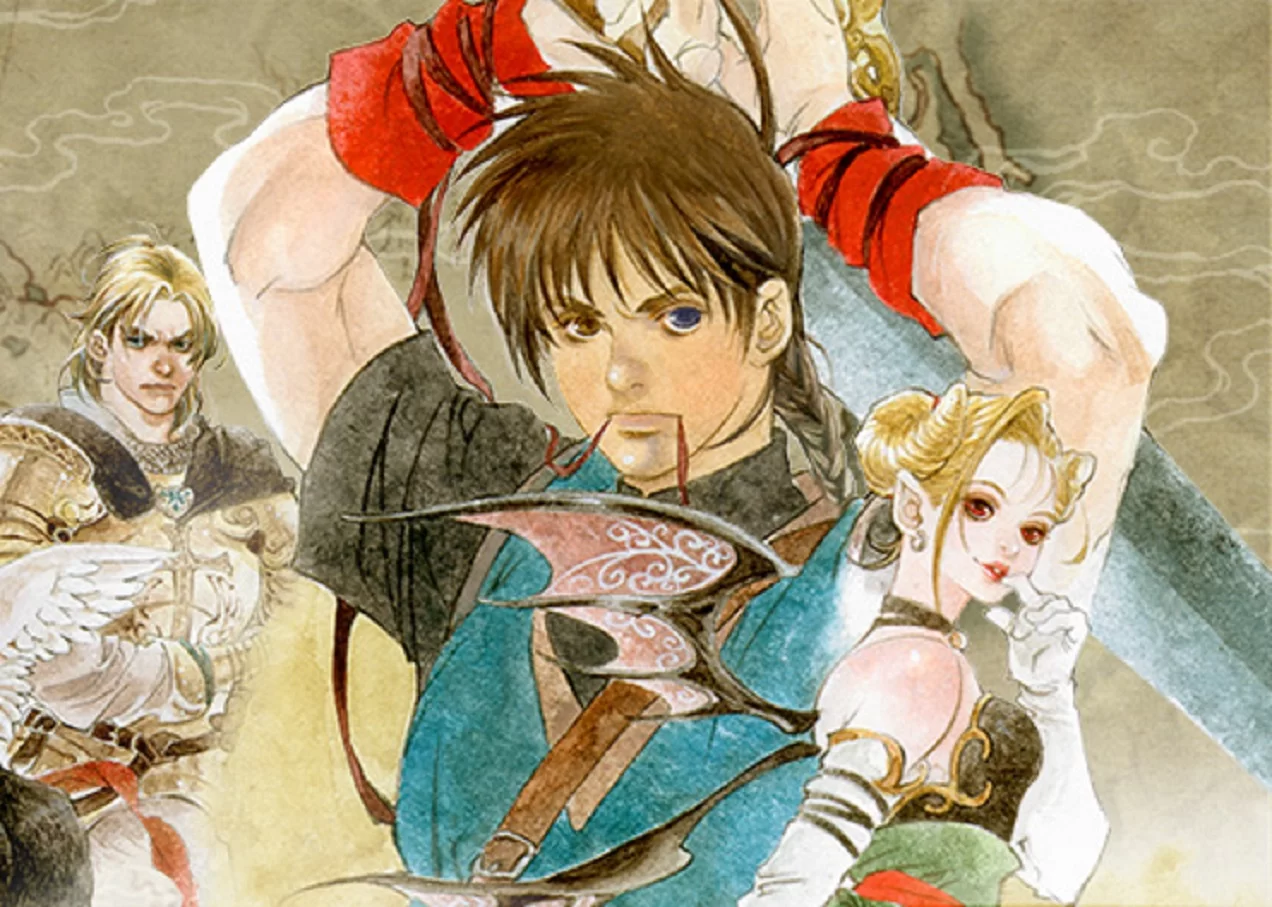

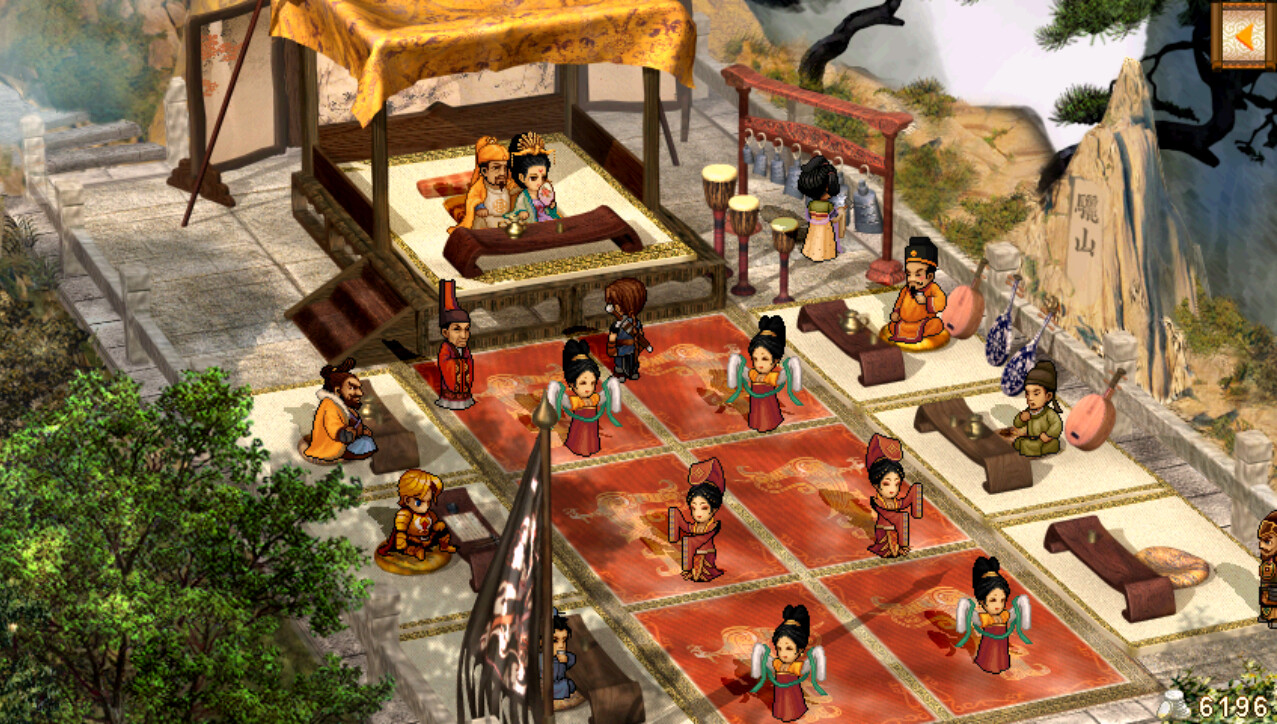
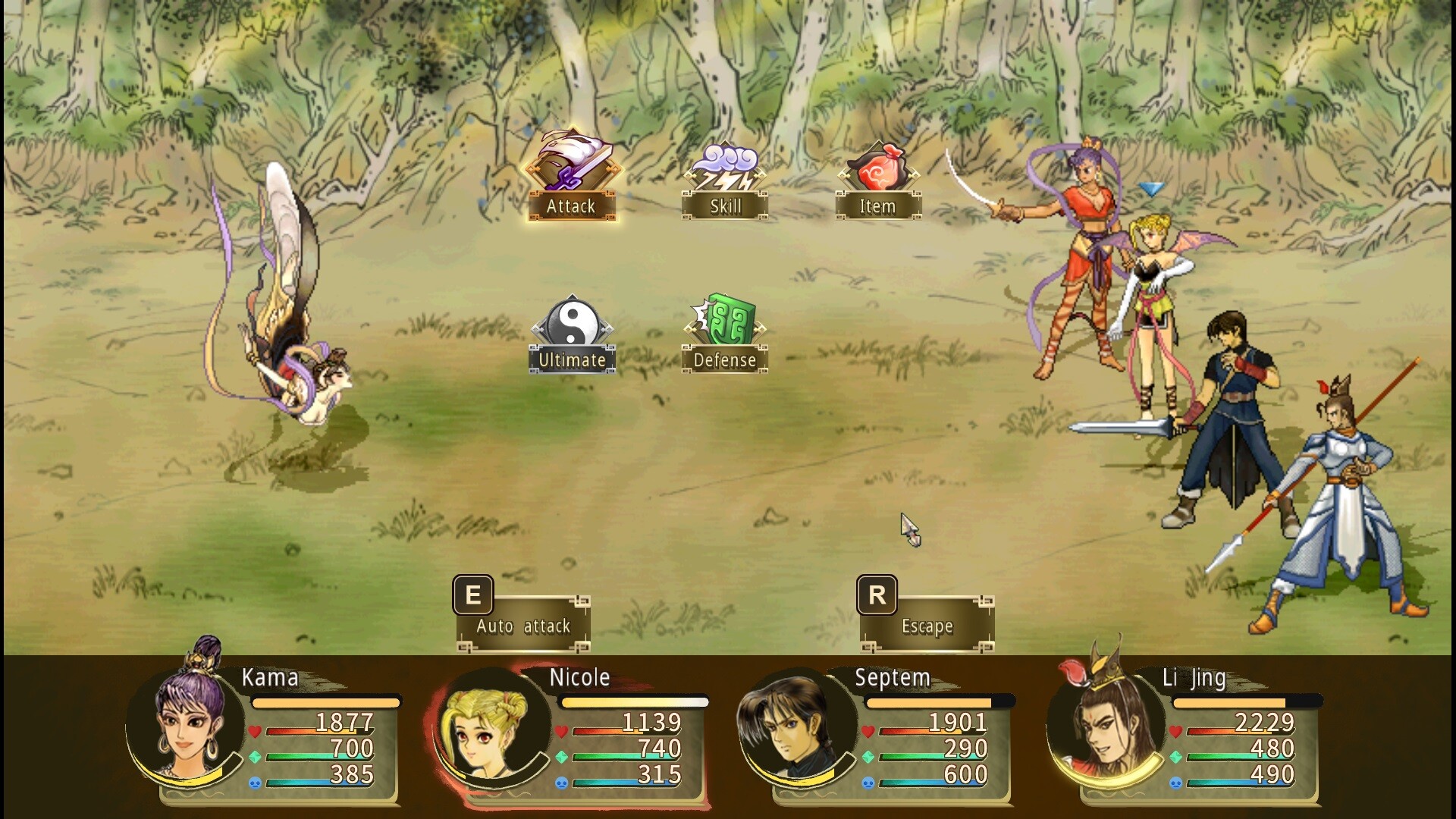

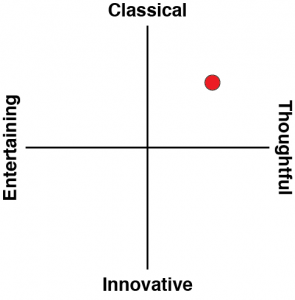





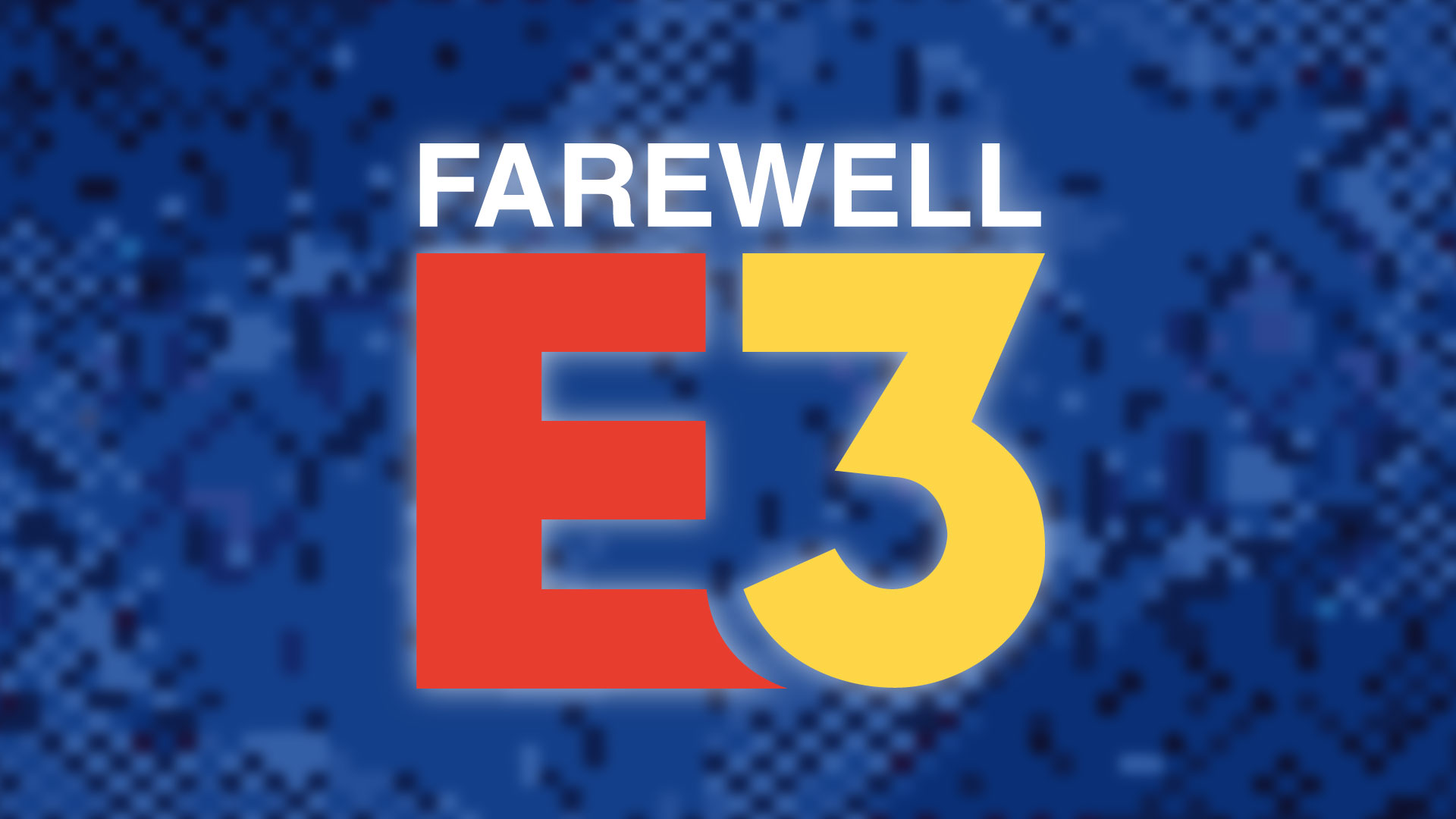




Oh dang, sorry to hear about the localisation, because the plot blurb made me interested despite it being a 90s JRPG. Early medieval period, Franks, Arabia and some Chinese history on top? I’d be willing to suffer boring gameplay for that!
Yes, it’s a truly fascinating game concept and makes me wish I could read Chinese to enjoy it to its fullest extent.
Xuan-Yuan Sword VII has a much better localistion, if you’re interested. It’s an action RPG rather than this, but the plot there is interesting too.
Chinese is hard to localize. But every Hoyoverse free to play gacha game makes it a priority to have great localization. Reverse 1999 is the latest from the genre, and not by hoyo, to make it a point of emphasis. It pays off. You can tell there’s something deep down that is slightly different from the storytelling tradition we are familiar with.
This is still one of the best rpgs. Even with its sometimes long and confusing dungeons, game mechanics on top of mechanics with little cohesion and other issues for the sensibilities of a 2023 audience, it still is one of the greats.
The historical and geographical setting of the, and our own as an western audience, produces an experience of clash of cultures and philosophies that few games were able to do.
The way the middle east has been portrayed in media in the west due to American wars, and how China is starting to be represented due to the techno, economic and political advancements of China comparatively to the US, is very different from the representation in this game. Only making the game all the more important.
Chinese Paladin 1 is also highly recommended. I’m not sure if the pc translation is unofficial. It’s one of the best games to be released by 1995. But then again, at that end of the Snes life cycle there were way too many great games.
I think there’s just a lack of infrastructure around Chinese language game translations right now. While it is difficult, so is Japanese-to-English, but there’s a longer history of Japanese games being localised so there is better supporting infrastructure.
Look at Chinese films and books – there are plenty of quality translators in those spaces. We just need to get the games up to the standard. I’m sure they will, and then we can enjoy the full depth of intellect with games like this.